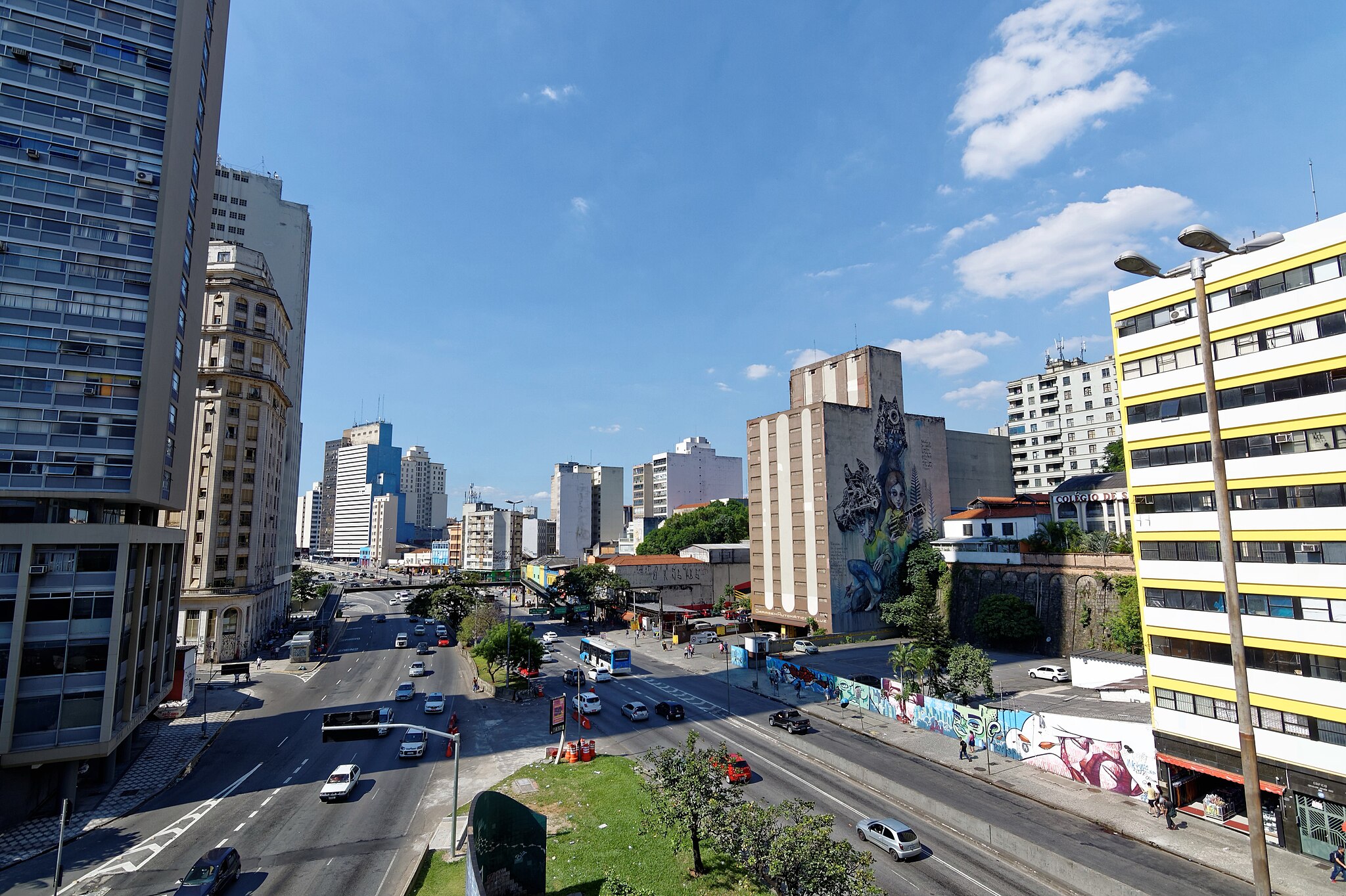Property Owners File Lawsuits Against Blueground Subsidiary in Brazil

Skift Take
Ami Goldman, a property owner and tech entrepreneur in Brazil, leased his $300,000 apartment to Tabas, a mid- to long-term rental operator in 2021.
All went well until about six months ago when Goldman claims that Tabas stopped paying him around $1,200 per month in rent, condo fees and city taxes.
New York-based Blueground acquired Tabas in early 2023. It was the first acquisition by Blueground, which is backed by WestCap, Susquehanna Private Equity and major banks.
Goldman said he's particularly incensed by the fact that Tabas continues to rent the apartment he owns to guests even though the company isn't paying him a a single Brazilian real.
"That's a robbery in my opinion," Goldman said.
Goldman is not alone among property owners in Brazil accusing Tabas of nonpayment. His lawyer, Marcela Miranda Valério, told Skift Monday that she represents 60 property owners in lawsuits against Tabas, and there are many more who have sued. She said around 80% of the lawsuits deal with issues similar to Goldman's.
Some property owners have filed complaints with police and Valério said authorities are still investigating these complaints.
"This situation in Brazil involves less than 2% of the properties managed by Tabas in Brazil," a Blueground spokesperson told Skift via email. "There are differing interpretations of contract terms between Tabas and their landlords regarding fees and renovation costs. While Tabas is following the terms outlined in the agreements, landlords have chosen to escalate these issues legally and publicly."
How Blueground and Tabas Operate
Tabas, which manages self-styled "modern and sophisticated apartments" in São Paulo, Rio de Janeiro, and Brasília in Brazil, as well as in Mexico City, typically leases properties from owners for several years, renovates them, and offers them to mid- to long-term guests, including corporations. The Tabas website says it manages more than 1,300 units.
Like Blueground, which uses a similar "prop-tech" model, Tabas often furnishes the apartments and touts its tech and design attributes, as well as flexible stays, as selling points.
Valério said Tabas hasn't responded to Goldman's lawsuit yet, and has until Tuesday to do so.
Goldman's lawsuit seeks the payment of $5,000-$6,000 in unpaid rents, fees and taxes and to cancel the contract with Tabas. But he added that he mostly wants his apartment back.
Goldman said the only communication he received from Tabas was a notice that its payment of his condo fees included $50 in maintenance charges, which were not part of the contract. Goldman agrees but says when he tried to contact Tabas to say he was willing to pay the maintenance charges, he received no reply.
"It's important to note that these are isolated cases only in Brazil, and do not reflect the overall performance of Tabas or Blueground," the Blueground spokesperson said. "Tabas has experienced strong growth, adding 650 properties to its portfolio from institutional landlords in the past six months alone. Our legal team is working to resolve all these cases appropriately and in compliance with all contractual obligations. Blueground remains committed to supporting Tabas as it continues to grow and lead in the flexible rental market."





